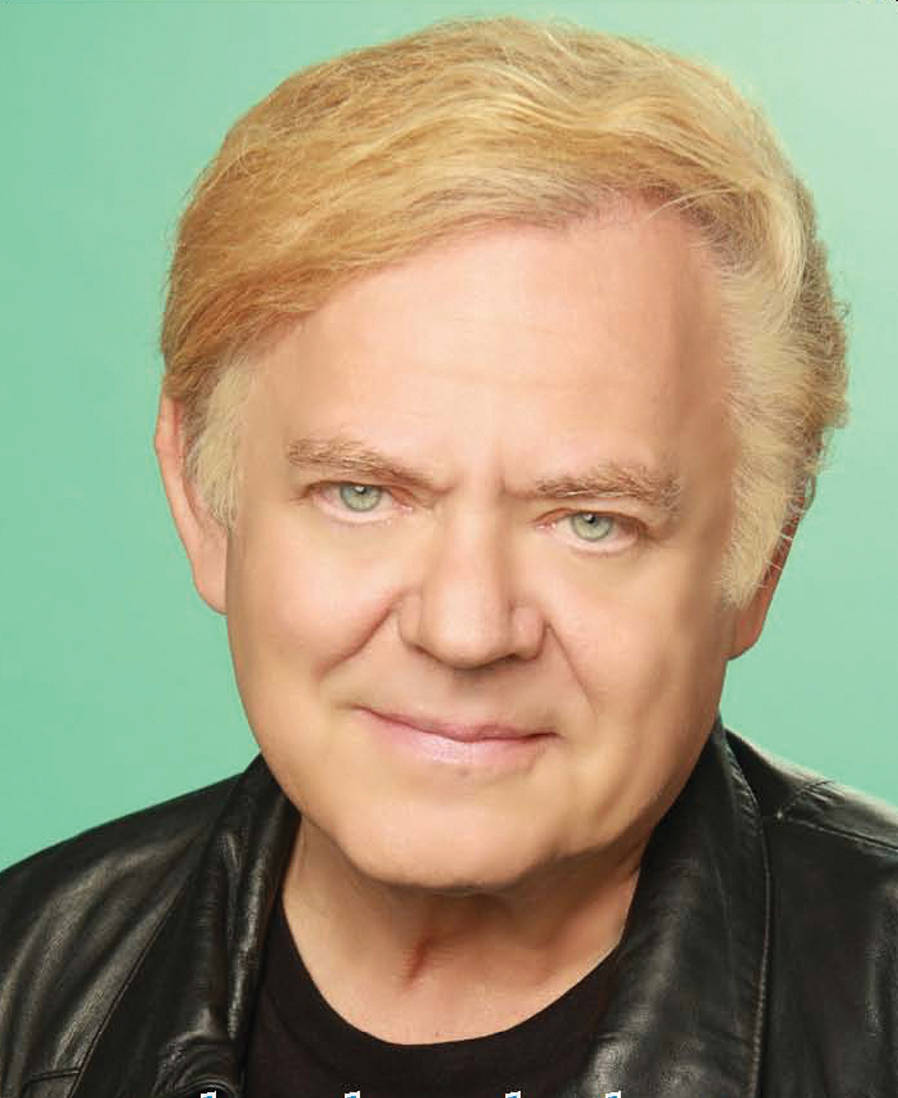American Express, I forgive you
The year was 1965 and I had been on Army special duty in the United States as a public information writer and photographer. But when that summer arrived, I was transferred to the infantry and ended up in Vietnam. Although I spent most of my time in the jungle, I managed to get a pass to Saigon now and then.
On one of my trips I picked up an international copy of Time magazine at the USO that contained an application for an American Express credit card. I didn’t have much use for a credit card in Vietnam, but I thought it would be useful when I returned home, so I applied. A few weeks later I received a form letter denying me credit.
Back in 1965 there was no such thing as Visa or Mastercard and, as I recall, American Express and the Diner’s Club were the only plastic available. I realized I had no credit history, and being in ’Nam my mortality rate was just above zero, so I guess I didn’t really expect to receive a credit card. But I responded to American Express and reminded them that according to Washington, people like myself were actively defending our nation and helping to keep corporations such as theirs safe and sound. I received a personal letter from the company filled with “corporate speak” and all kinds of “sorry” and “regret” verbiage. But still, no credit card.
Once I was back home and began my rise with gainful employment in the corporate world, I applied for and received several bank cards that had come into existence by the late 1960s. Eventually, I reapplied for and received an American Express card.
Over the years I always felt that the company should have issued cards with low credit limits to military personnel in Vietnam. I think most recipients would have appreciated the gesture, and not abused the privilege. Those who did not pay would not have hurt the company’s bottom line, since the cards would only be good for perhaps $50 or a $100 each. But the fact that the company was actually entrusting credit to GIs in combat would have gone a long way in establishing good will in the public’s eye and to our military establishment. It probably would have resulted in positive news stories around the country.
I didn’t make a habit of it, but over the years during informal conversations with fellow vets I would occasionally bring up the Vietnam card denial. So imagine my surprise several weeks ago when a box arrived in the mail addressed to me from American Express. It contained two expensive glass champagne flutes from Tiffany &Co., and an envelope with my name on it that contained a card signed by the chairman and CEO of American Express, Stephen J. Squeri.
The message read, “Thank you for making American Express a part of your life for the last half-century. We consider it a privilege to have served you for so many years. Our brand is defined by the enduring relationships we build with customers like you. Every day, we strive to create the best experiences for you and serve you well so that you feel valued and supported. I hope we’ve delivered on our promises, and helped you manage through these extraordinary times. I assure you we will continue working hard to earn your loyalty. Five decades of membership is a remarkable milestone, and one we consider an honor to recognize. On behalf of all my colleagues across the company, please accept this special gift as a token of our appreciation for your business. To pay tribute to all card members who have been with us for five or more decades, we contributed $500,000 to Feeding America in support of its work helping those facing hunger during the pandemic. In these trying times, we remain committed to supporting you. I hope that as we begin a new decade together, we will continue to earn the honor of serving you.”
Well, now when I mention my past experience with American Express, I would be remiss if I did not include how 50 years later the company honored me with an expensive gift and made a charitable donation to Feeding America. I’m truly appreciative. So regarding that Vietnam experience, I forgive you, American Express.
But hey Stephen, I still think it would be nice if the company offered low-limit credit cards to today’s combat soldiers. They would also be truly appreciative, don’t ya think?
Chuck N. Baker is a Vietnam War veteran and a Purple Heart recipient. He can be heard each day on KUNV-FM narrating “America’s Veterans Today and Tomorrow,” one-minute informative news bites.














